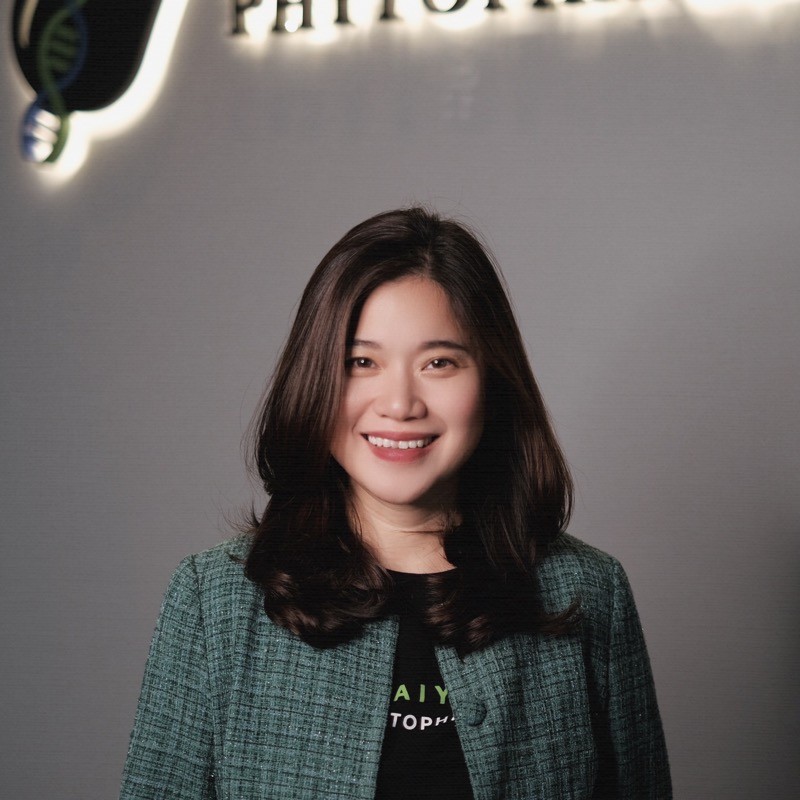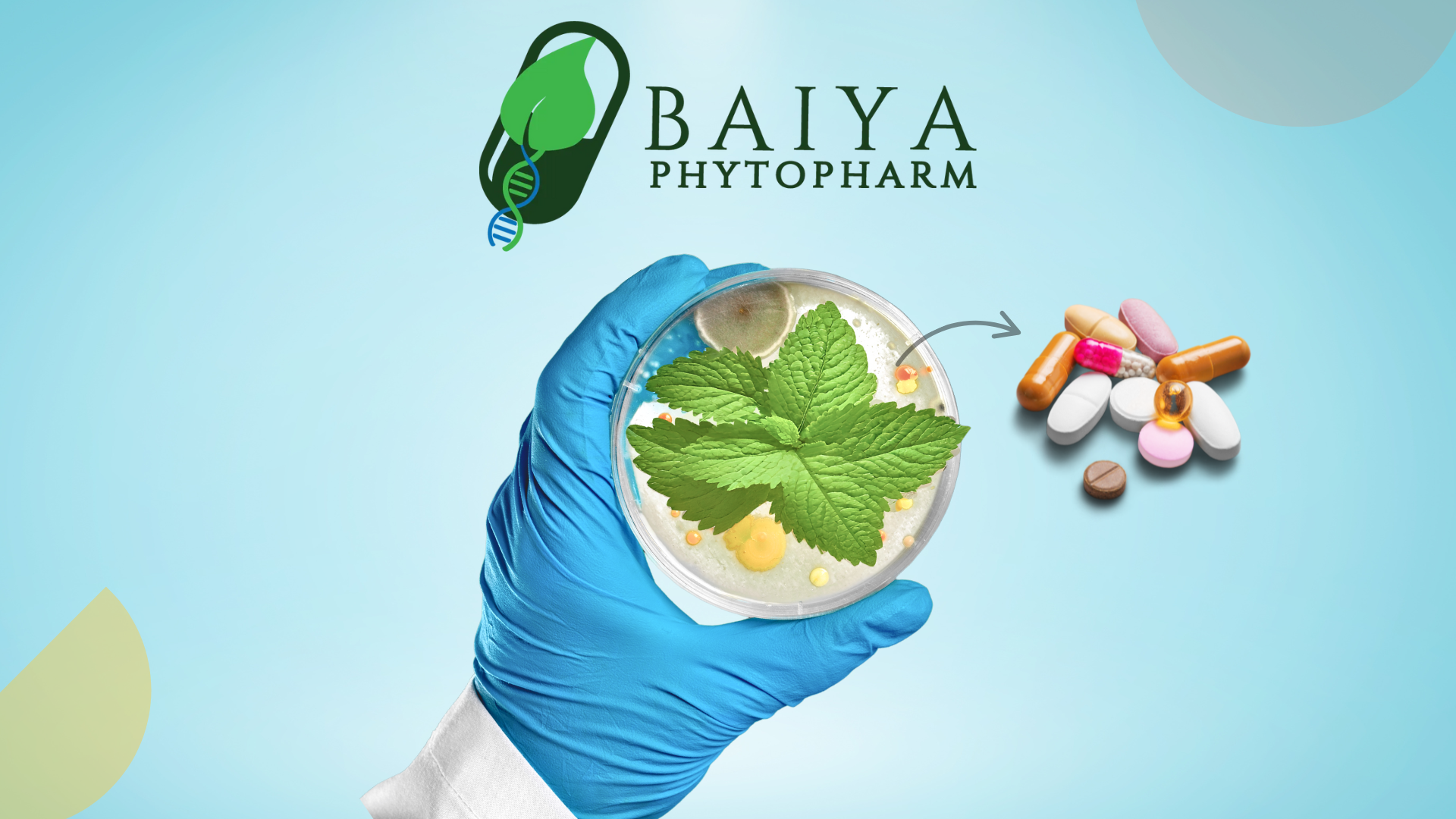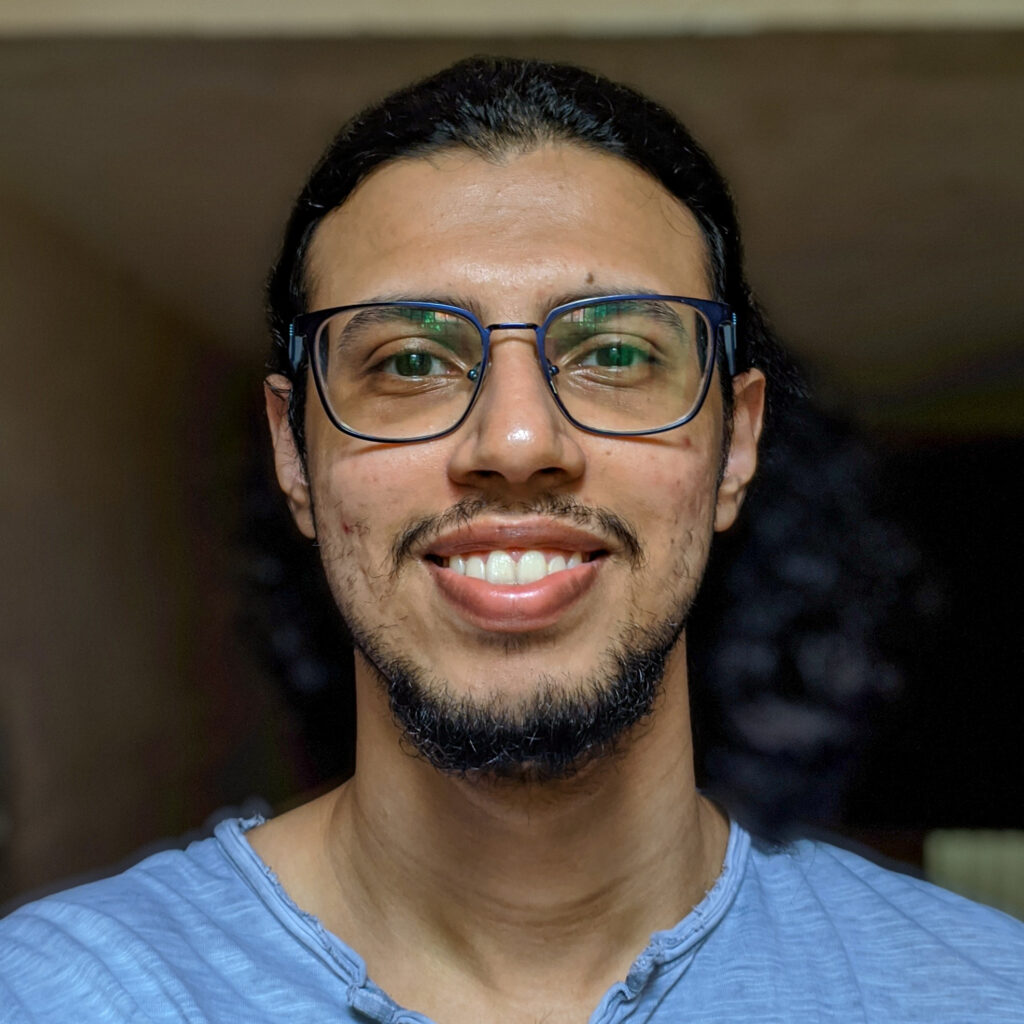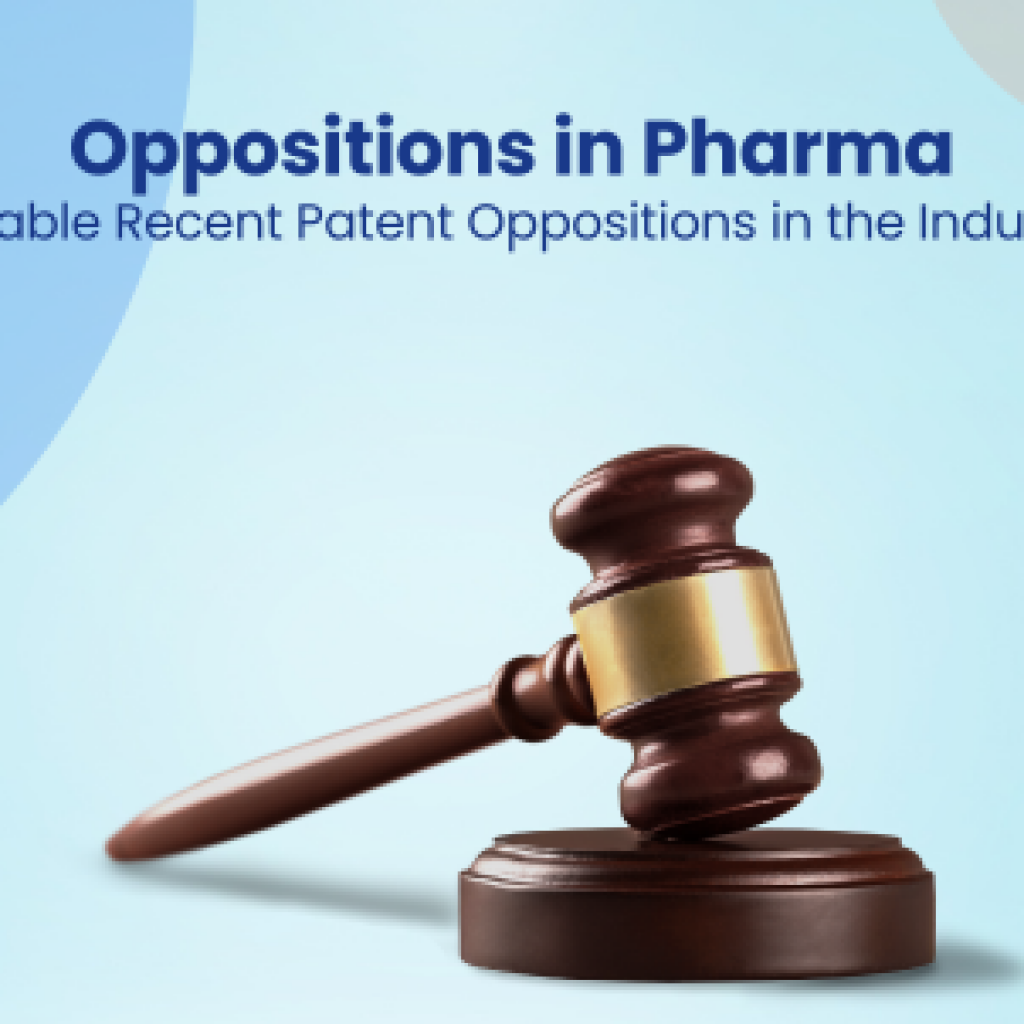Conventional cell culture methods are costly and inefficient, creating barriers to developing life-saving medications. Baiya PhytoPharm addresses these challenges by transforming plants into living “pharmaceutical factories.“
By genetically modifying plants to produce complex medical molecules, they’ve created a platform to develop treatments faster, cheaply, and with greater flexibility. Their approach allows for more efficient production of macromolecules, potentially bringing innovative therapies to patients more quickly and at lower costs, especially for complex conditions like brain-related diseases and cancer.
To better understand their techniques and motives, we interviewed Dr. Suthira Taychakhoonavudh, CEO of PhytoPharm. Below is a summary of our conversation.
This interview is part of our exclusive Scouted By GreyB series. Here, we talk to the founder of innovative startups to understand how their solutions address critical industry challenges and help ensure compliance with industry and government regulations. (Know more about startups scouted by GreyB!)
“We make plants produce stuff for us. The plants become a small bio-reactor, a small fermenter for us.”
– Dr. Suthira Taychakhoonavudh

Dr. Suthira Taychakhoonavudh is the CEO and Co-founder of Baiya Phytopharm. She holds a PhD in health economics from the University of Texas Health Science Center at Houston and has extensive experience in pharmaceutical sciences. As a lecturer at Chulalongkorn University’s Faculty of Pharmaceutical Sciences, she has been deeply involved in research and innovation. Her expertise in health economics has driven her focus on making medicines and vaccines more accessible and affordable, especially for underserved populations.
Growing Medicines: How Plants Are Becoming Pharmaceutical Factories
PhytoPharm is a pioneering biotech company that turns plants into miniature pharmaceutical factories. They engineer plants using advanced genetic modification techniques to produce complex medical molecules like vaccines and therapeutic antibodies. Founded in Thailand, the company aims to make drug development faster, cheaper, and more accessible.
Dr. Suthira, can you explain how your plant-based medicine approach works?
Dr. Suthira: We’re creating a unique biotechnology platform where plants serve as living bioreactors. Instead of using traditional cell cultures like mammalian or bacterial, we genetically modify plants to produce complex medical molecules. By infecting plants with modified agrobacteria carrying specific genes, we can make them create everything from vaccine components to therapeutic antibodies.
Our technology is groundbreaking for producing macromolecules, which constitute 50-70% of modern medicines. Traditional methods are expensive and time-consuming, but our plant-based approach allows us to manufacture these complex molecules more efficiently and at a lower cost.
What specific challenges are you targeting that existing solutions cannot address?
Dr. Suthira: Current medical treatments face significant limitations in accessing and treating critical areas like the brain. Many sophisticated treatments struggle to penetrate the brain’s protective barrier, limiting their effectiveness in treating neurological conditions and certain types of cancer.
We’re developing innovative molecular “shuttles” that can transport treatments across biological barriers. Our research focuses on creating molecules that can reach the brain and remain active in the human body for extended periods. This means potentially more effective treatments with less frequent dosing, reducing patient burden and improving overall treatment outcomes.
What are your current research focus areas for developing treatments?
Dr. Suthira: We’re currently concentrating on two primary research directions. First, we’re developing cancer treatments that can effectively penetrate the brain, addressing a critical limitation in current oncology approaches. Second, we’re working on extending the active duration of medical therapies in the human body.
We aim to create treatments that remain effective longer and require less frequent administration. By developing molecules circulating in the body for extended periods, we strive to simplify patient treatment regimens and potentially improve overall treatment efficacy.
As Thailand’s first biotech company pioneering a new platform, what challenges have you faced along the way?
Dr. Suthira: As a disruptive technology, we constantly face skepticism and technological challenges. One founder memorably described our journey as “driving a plane while building it,” highlighting our work’s complex, innovative nature. We’re essentially creating an entirely new approach to drug manufacturing.
Our biggest challenge is convincing the medical and pharmaceutical industry to adopt a different production platform like Baiya PhytoPharm. By collaborating with smaller biotech companies and research institutions, we’re gradually demonstrating the potential of our plant-based approach and building credibility in the scientific community.
What’s Your Timeline for Moving These Treatments to Clinical Trials?
Dr. Suthira: We’re progressing steadily with our preclinical work and hope to advance to human trials soon. Our data for brain-penetrating cancer treatments and extended-circulation therapies show promise in preclinical testing. We’re optimizing these molecules to identify the best candidates for human studies.
We anticipate entering human clinical trials within the next 18 to 24 months. This timeline reflects our confidence in the preclinical proof-of-concept data we’ve generated. Our platform’s efficiency gives us advantages in development speed, which we leverage alongside our collaborative approach to accelerate the transition of these treatments from bench to bedside.
You mentioned operating on an open innovation model. How does collaboration work in your business approach?
Dr. Suthira: We typically work with smaller companies because big pharma entities are more like sales and distribution enterprises. We collaborate with smaller biotech companies or scientists trying to move their products from bench to bedside faster, as our platform accelerates getting products to humans.
I believe that inventing drugs that save patients’ lives takes a village.
By collaborating with others, we can develop best-in-class and first-in-class medications that change people’s lives much faster than if we worked alone. We have different strategies for protecting intellectual property, including patents and trade secrets, while maintaining our collaborative approach.
Meet our Interviewer – Shabaz Khan, Marketing Manager at GreyB
Shabaz Khan, Marketing Manager
Want to find other scalable pharma startups innovating in cell culture techniques? Get in touch with our experts by filling out the form below.
Get in touch
Please share your query below












